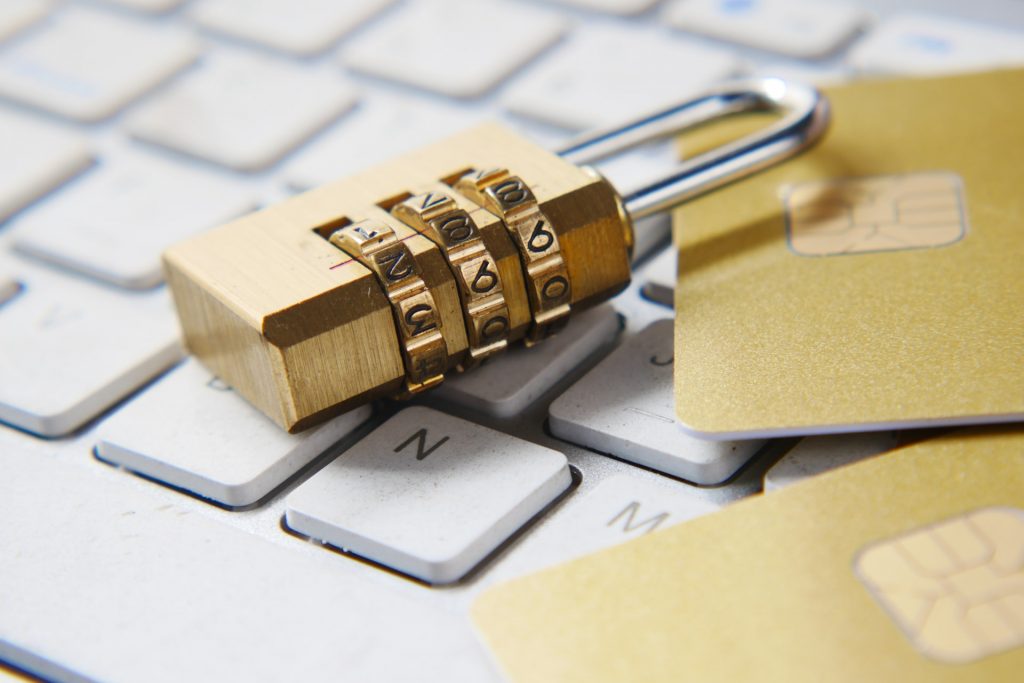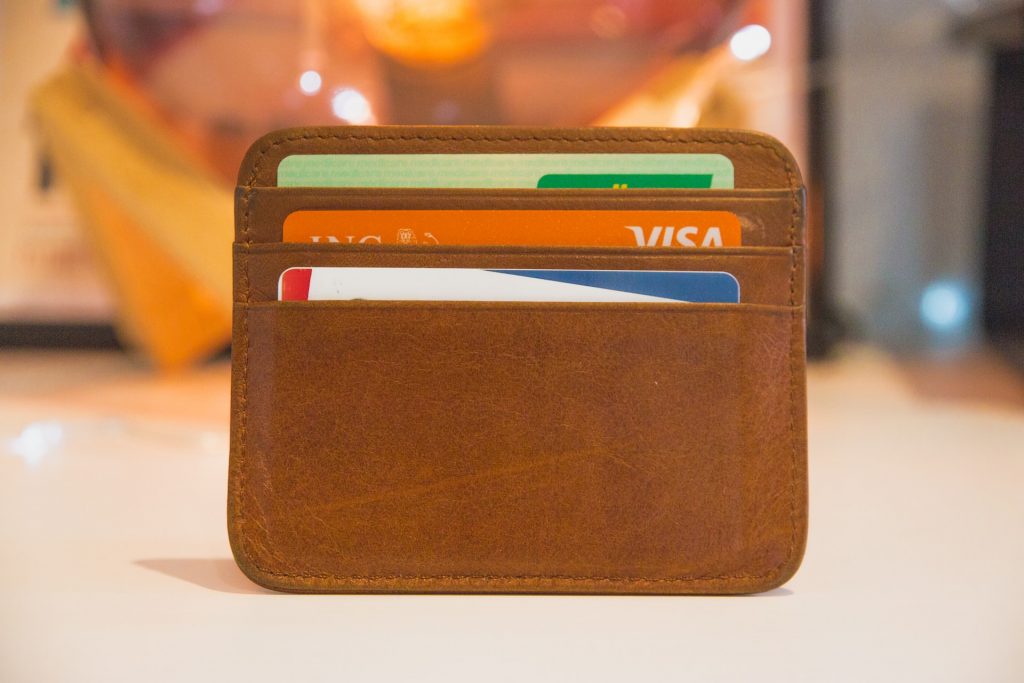These days there are a number of ad-hoc options for selling and buying art commissions. Most rely on normal credit card transactions using money transfer services like PayPal, Cash App, or Zelle to pay an artist directly. However, using these systems carries significant risks– some obvious, and some not. Artconomy’s escrow system solves these– and has a few other benefits on top!
First– what is Escrow?
If you’re not familiar with Escrow– here’s a brief primer. In most transactions, you pay someone for a good or service, and they receive the money directly.
Then, they give you the item.
Alternatively, they give you the item, and ask you for payment.
In cases like these, one person has their half of the trade before the other one does.
So that means they can run take off without keeping their end of the bargain!
Some systems solve this by having payments be reversible– and while that offers some protection, it has some significant limitations that an art escrow service can solve, as we’ll see.
1. Escrow for Art Commissions Helps Resolve Disputes

Disputes happen– sometimes an artist hasn’t delivered as promised, or a commissioner is being unreasonable with their demands.
In these cases, escrow makes things better from the start, and makes resolving the dispute much easier.
As mentioned earlier, artists do not have the money in their bank accounts until the transaction is finalized.
That means that it’s much easier for an artist to provide a refund when they don’t stand to put their account in arrears.
We’ve noticed that most disputes we’ve come across where the artist is at fault, the artist concedes quickly and allows the refund to go through.
Meanwhile, since Artconomy is an escrow provider that specializes in commissioned art, we understand the expectations surrounding it.
Commissioners with ill intent would be more likely to use PayPal, which does not understand the art commissioning world, and tends to find in the commissioner’s favor when unsure.
That means that a lot of commissioners with unreasonable demands are deterred to begin with!
But even if there is true ambiguity, Artconomy’s expertise in dispute resolution comes in handy.
We know the art commissioning space, including how artists operate– and our staff are enthusiastic commissioners of art! We specialize in the mediation we provide.
In most cases, we not only resolve the dispute– we resolve it amicably!
More often than not, the art is delivered as promised to the commissioner, and the artist gets their payment. Everyone wins!
2. Escrow Improves Your Reputation
That said, not using your real name can affect your reputation. If you’re a new artist, especially, how do you convince others to pay you?
Commissioners want to make sure they can get their money back if things go south.
In these cases, you can rely on Artconomy’s reputation rather than your own.
Artconomy has been providing art escrow service to the community since 2018, and has never failed to pay an artist or refund a customer, when needed.
Escrow can also help artists who have had trouble delivering in the past rebuild their reputation.
If new commissioners have come across a beware posting for an artist, they may be rightly skeptical that they’ll get their commission.
Resolving these bewares to the best of their ability should be their first priority, and using a service like Artconomy can help them rebuild their reputation afterward.
3. Escrow Better Protects Privacy

Many artists do their work part time, or else use a name different from their legal name.
The idea of showing their legal name to others can be stressful, especially if:
- They specialize in adult art and fear their employer may fire them for drawing on the side
- They live in a community that frowns upon the kind of art they’re making
- Their legal name is different from the name they’ve chosen for themselves
- They manage multiple brands and don’t want one brand’s subject matter associated with the other
When taking art commissions with escrow, the artist can choose whatever name they like.
All credit card transactions, and all payments, go through the escrow service provider.
In the case of Artconomy, that means that a commissioner will never see the artist’s real name.
Artconomy does require legal documentation to handle payouts to the artist’s bank, but after setup, that information is tucked away unless there’s an issue sending money to their bank account.
Likewise, the artist will also not see the commissioner’s real name.
They might want it hidden for many of the same reasons artists do!
4. Escrow for Art Payments are Less Stressful and More Rewarding
In traditional payment systems, the artist is usually paid first, and the commissioner waits for delivery.
Many artists feel anxiety once they take the payment– they worry something might happen that could prevent delivery– like illness.
So, they end up worrying themselves sick… and becoming ill!
Escrow for art commissions sidesteps this.
The artist doesn’t have to worry if something prevents delivery– their bank account won’t end up in a negative balance if they have to refund a customer– because the money was still in escrow.
Likewise, escrow ties completion of the work to the reward of money.
This helps motivate artists to complete a piece– if there is a direct reward to the completion of the piece, the artist is driven to keep moving forward.
5. Escrow Prevents Scams when Traditional Payment Can’t
Two of the most common scams in the art commission are ‘running out the clock’ and ‘chargebacks‘.
When running out the clock, an artist waits until the dispute window for a charge on your credit card closes.
At the time of writing, PayPal allows you to file a dispute within 180 days of purchase.
For most products and services, that’s OK. For art commissions, it’s not unheard of for artists, especially part-time artists, to take longer– especially for very complex pieces.
So, a lot of commissioners will wait longer, not realizing that the window to dispute is closing.

Escrow for art commissions makes this kind of scam impossible.
Since the money remains in the escrow account until the art is completed and delivered, the artist has no access to the money.
What about chargebacks?
Chargebacks are when a customer files a dispute with their card provider saying that their card was charged for a service that was never rendered, or was charged fraudulently.
In traditional payment systems, the artist would be on the hook for the chargeback fees and will have difficulty proving their case.
With Artconomy’s Shield art escrow service, the commissioner can file a chargeback against us, but not the artist.
Our order system and system logs provide a wealth of evidence useful for disputing chargebacks, and our card fraud prevention tools prevent nearly all fraudulent transactions from getting through.


